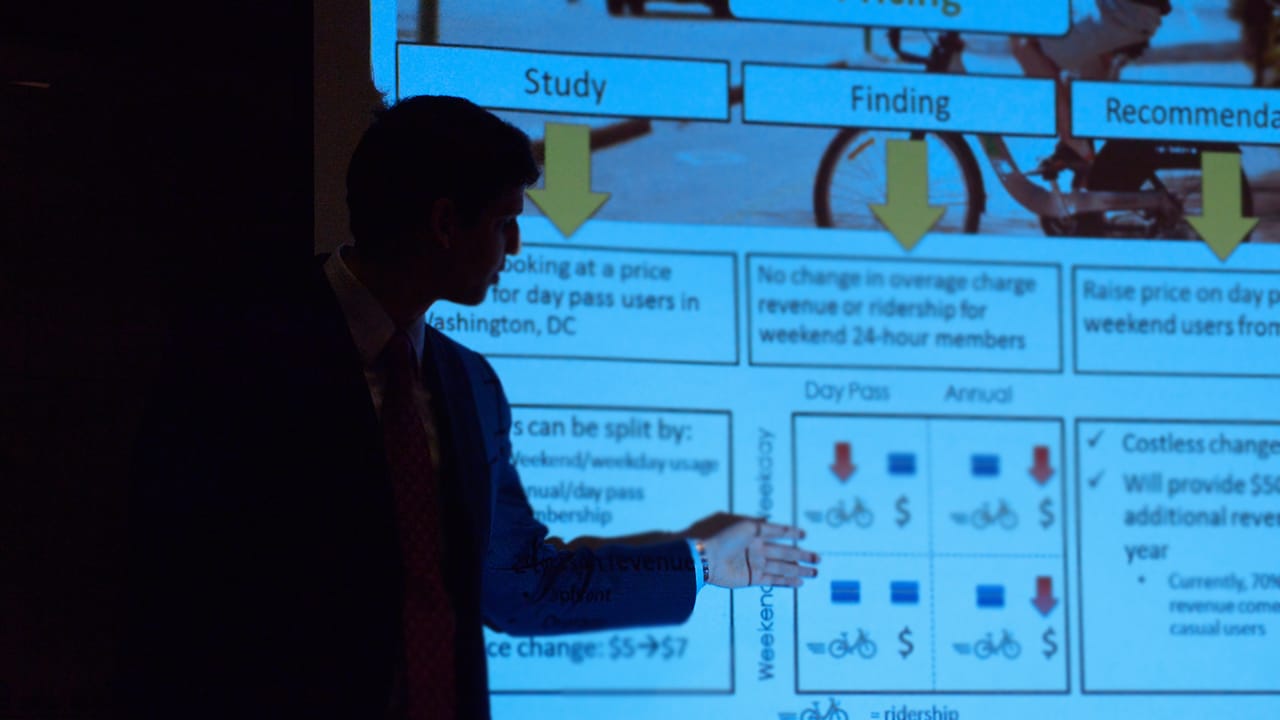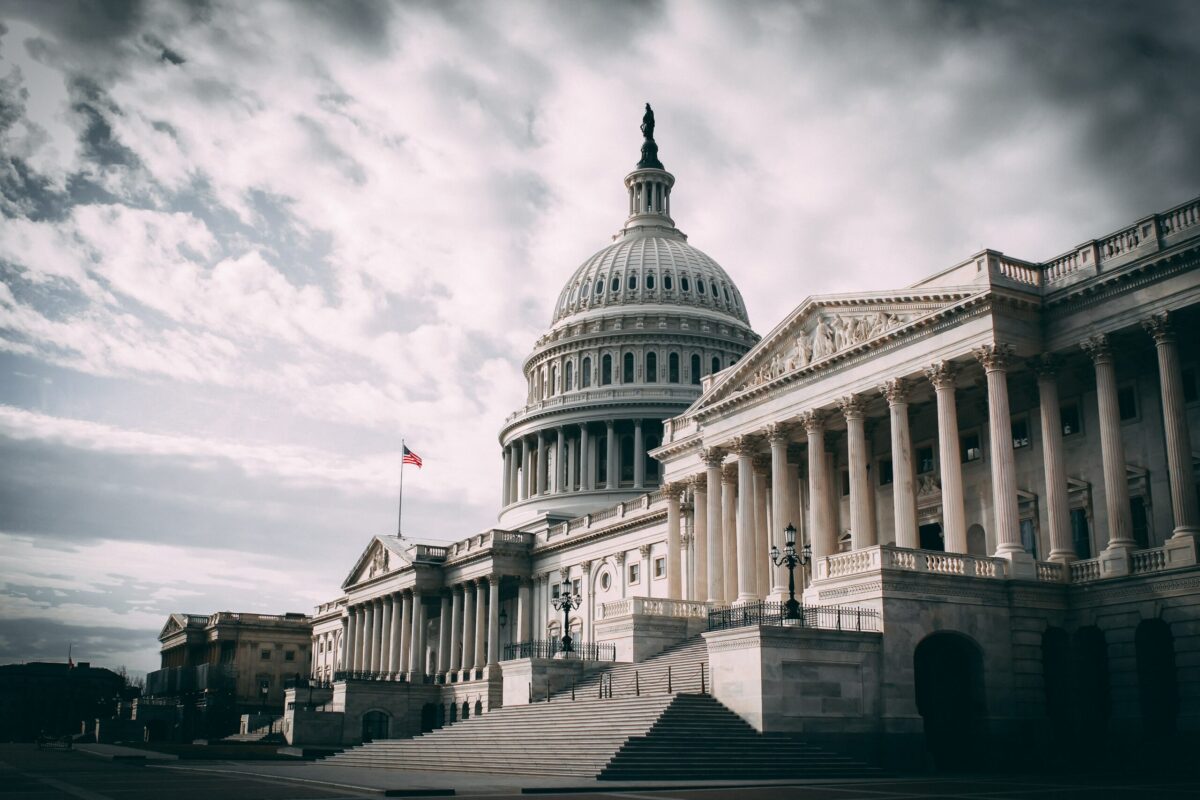
Science, Technology and Data
How are dramatic developments in science and technology changing the public sphere? Can data be harnessed for the goal of good governance? What is the future of privacy?
Latest Article

US-China Tech Decoupling: A Shift Towards a More Paranoid World
"The impact of this digital isolation has been amplified in recent years by Beijing’s efforts to tightly interlink data security with national security, as well as reduced people-to-people and business exchanges from the COVID-19 pandemic and geopolitical tensions. In the U.S., growing suspicion of China has led to increasingly aggressive efforts to excise Chinese technology and capital from its supply chain. People from the two countries are farther apart than ever."Explore all Articles
filter by–Region
filter by–Country
search by–Keyword

An Interview with OpenAI CEO Sam Altman
05.8.24
On May 1st, HKS Student Policy Review Senior Editor Chacier Alexander sat down with OpenAI CEO Sam Altman to discuss the future of artificial intelligence.

Steering the AI Transition: The Case for More Employee Ownership
05.8.24
If you google “AI” in the news these days, it is hard to find a story that is not focused on existential risk of omnipotent AI fully erasing humanity. While I do not buy into the doomsayer’s worst-case scenarios, my experience as an AI advisor to business executives and policy makers tells me this time is different.

Blockchain Contracts: Too Smart To Be Regulated?
04.29.24
Any transaction on a blockchain requires the use of a contract that is itself encoded on a blockchain: a “smart contract.” Blockchain users unfortunately often discover that this so-called smart contract is not as smart as it seems.

Too Many Cooks in One Kitchen? The Question of US State Regulation over the Crypto Market
04.25.24
With the US Congress unable to pass crypto legislation, state regulators have been taking over the field. As a result, there are discrepancies and differences among US states, negatively impacting consumers and companies. Within a global crypto market, multiple states regulating in the absence of singular, Congressional action is hurting both consumers and businesses.

Interview with Daniel Dennett: AI, Free Will, and the Future of Humankind
04.20.24
HKS Student Policy Review Senior Editor Chacier Alexander held a joint interview with Symbiotic CEO Riccardo Di Molfetta and cognitive scientist Dr. Daniel Dennett on his perspectives on the philosophical implications of artificial intelligence, the challenge of aligning advanced AI systems with human values, and whether AI consciousness or free will would be functionally different from their biological counterparts.

Women and AI: Overcoming Potential Bias and Optimizing the Best of Both Worlds
04.15.24
Women and girls are essential to the efficiency of AI’s future. In order to optimize the full unique capabilities of AI, it is important that the full range and spectrum of women is represented at the different stages of AI development to deploy optimal AI solutions and efficiencies to address societal challenges and ultimately achieve social and economic progress.

The Cross-Border Interoperability of National Digital Payment Systems as a Gateway to Economic Development
04.9.24
Enhanced coordination and cooperation between governments, financial regulatory bodies, central banks, and other industry stakeholders is needed to implement the vision of integrating national digital payment systems.

Interview with Symbiotic CEO Riccardo Di Molfetta
03.13.24
At Symbiotic, Artificial Intelligence transcends mere automation. Under the guidance of Riccardo Di Molfetta, Symbiotic isn’t just a company—it’s a driving force propelling society toward a future where AI aligns with humanity’s highest values and principles.

George Orwell’s Dystopian World is Coming to Life and the European AI Act Will Not Stop It: The Collection of Emotional Data by AI
03.9.24
As AI-based emotion recognition systems proliferate with little regulation, our feelings are transformed into data that can manipulate us, threatening a dystopian future where our mental privacy no longer exists.

Towards Human-Centered AI: How International Harmonization Can Help Prevent the Loopholes of AI Regulation and Black Markets for Malicious AI
07.15.23
As AI continues to reshape our world, forging a comprehensive legal framework becomes crucial to steer AI’s advancement in a globally responsible and ethically sound direction, which ultimately should be supported by customary international law so that the responsibility fall equally on all countries.

How Congress Should Regulate AI in the Short-term
07.14.23
Congress must take the existential risks of AI seriously and deploy pre-existing risk assessment tools and regulations to better understand, monitor, and mitigate those risks.

The Importance of Aggregate Climate Data for Global Climate Progress From Emerging Economies
06.28.23
Harmonized data lies at the heart of the climate agenda, but do we pay enough attention to the development of the figures that we see? Do we ever question how the figures are calculated?



